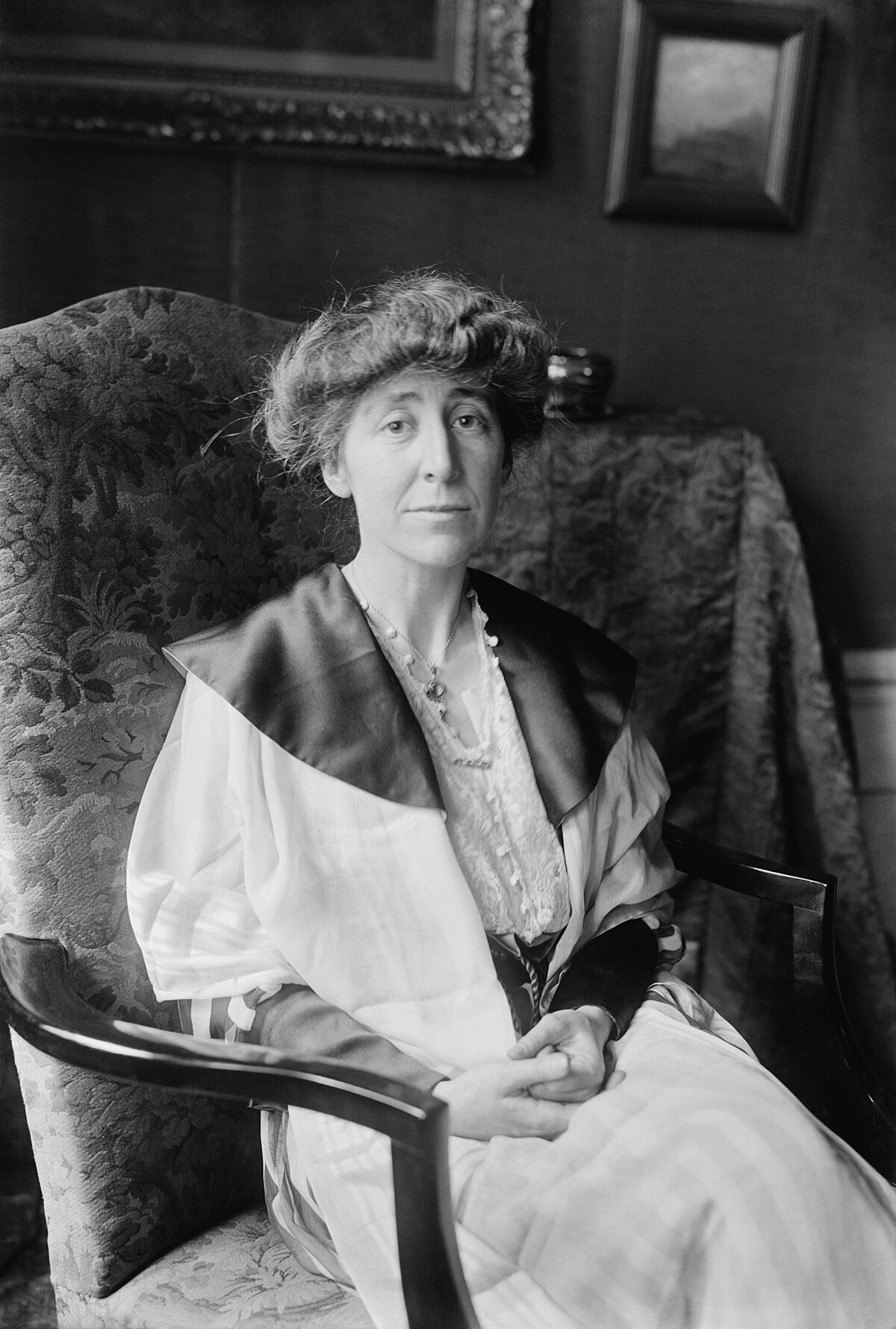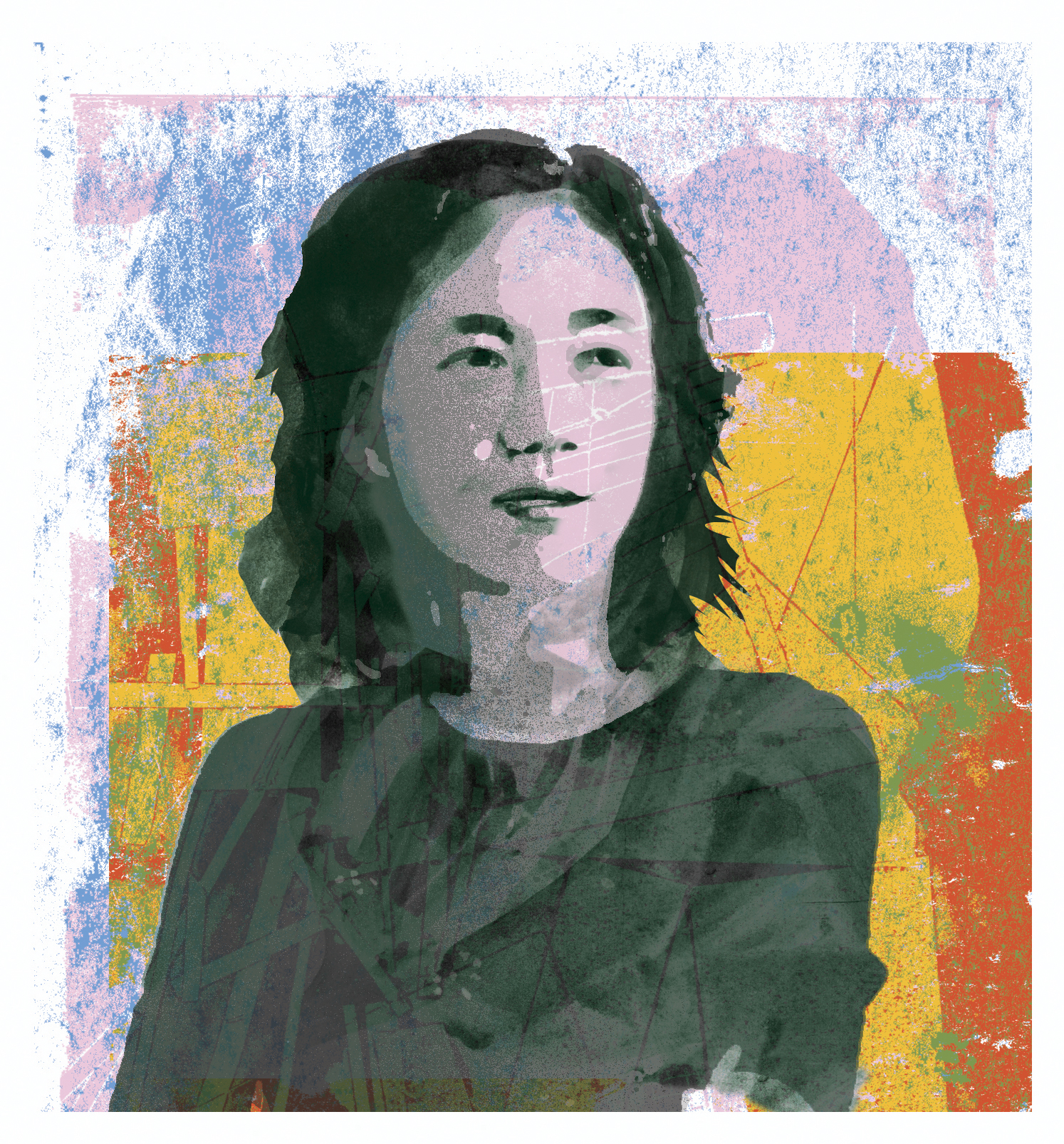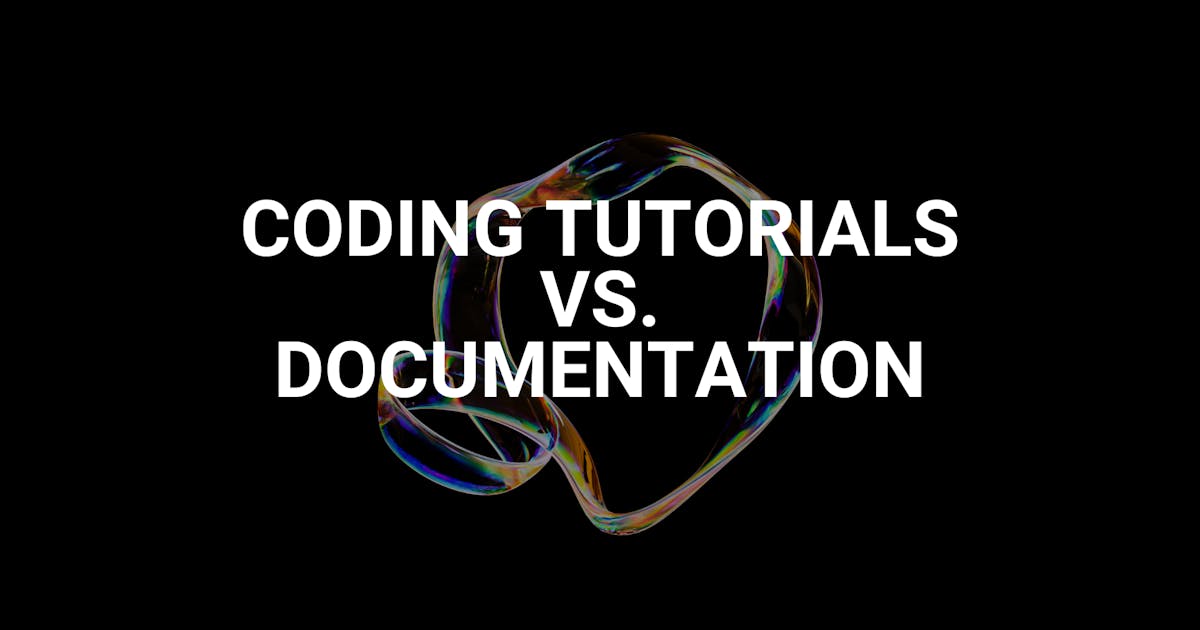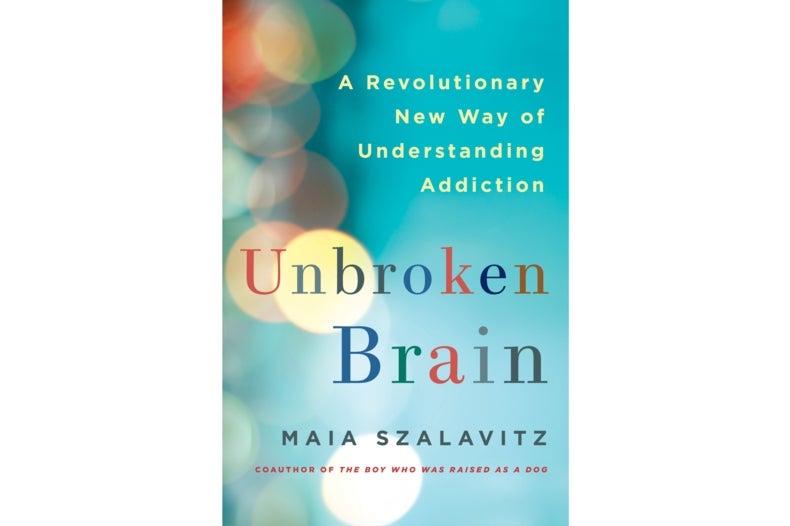
The Addictive Personality Isn't What You Think It Is
Author Maia Szalavitz rebrands addiction as a learning disorder, exploring new approaches to tolerance, prevention and treatment
In her new book Maia Szalavitz recalls her behavior as a child in school and at home. Anxious, bright and slightly obsessive, she didn't seem to fit the stereotype of the “addictive personality”. Nevertheless, in college she would become addicted to heroin and cocaine, forcing her to reexamine her assumptions about addiction and its treatment. The following is an excerpt from Unbroken Brain: A Revolutionary New Way of Understanding Addiction, by Maia Szalavitz. Copyright © 2016 by Maia Szalavitz. Reprinted with permission of St. Martin's Press, LLC. All rights reserved.
A weird little girl on the swings engaging in compulsive behavior to soothe herself is probably not what you picture when you think of an addicted person or her background. Our cultural images of addiction tend to be much less likely to engender sympathy. For one, they are racialized—so even though black and Hispanic people are not more likely than whites to become addicted, those with dark skin tend to be pictured in American media stories about addiction. And when whites are shown, we are typically described as not being “typical.” Second, in part as a result of the racism that has driven our drug policies, these images tend to depict people with addictions as “fiends” or “demons” whose debauchery is driven by a ravenous hedonism, not a human and understandable search for safety and comfort. The “addictive personality” is seen as a bad one: weak, unreliable, selfish, and out of control. The temperament from which it springs is seen as defective, unable to resist temptation. Even when we joke about having an addictive personality it’s usually to justify an indulgence or to signal our guilt about pleasure, even if only ironically. To understand the role of learning in addiction and in the temperaments that predispose people to it, we have to examine the relationship between addiction and personality more closely.
Although addiction was originally framed by both Alcoholics Anonymous and psychiatry as a form of antisocial personality or “character” disorder, research did not confirm this idea. Despite decades of attempts, no single addictive personality common to everyone with addictions has ever been found. If you have come to believe that you yourself or an addicted loved one, by nature of having addiction, has a defective or selfish personality, you have been misled. As George Koob, the director of the National Institute on Alcohol Abuse and Alcoholism, told me, “What we’re finding is that the addictive personality, if you will, is multifaceted,” says Koob. “It doesn’t really exist as an entity of its own.”





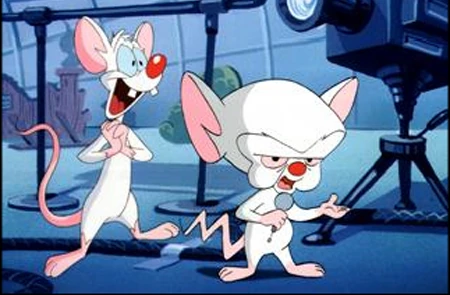

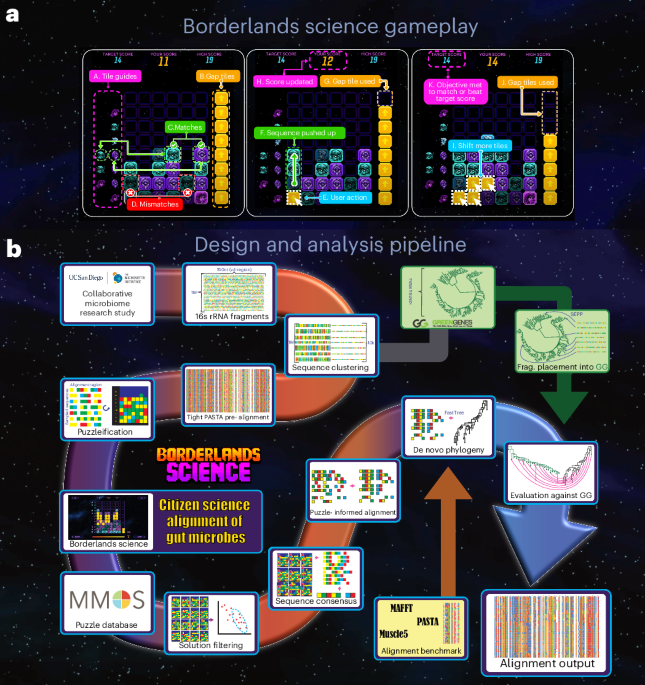

/cdn.vox-cdn.com/uploads/chorus_asset/file/25408886/post_logo.png)


